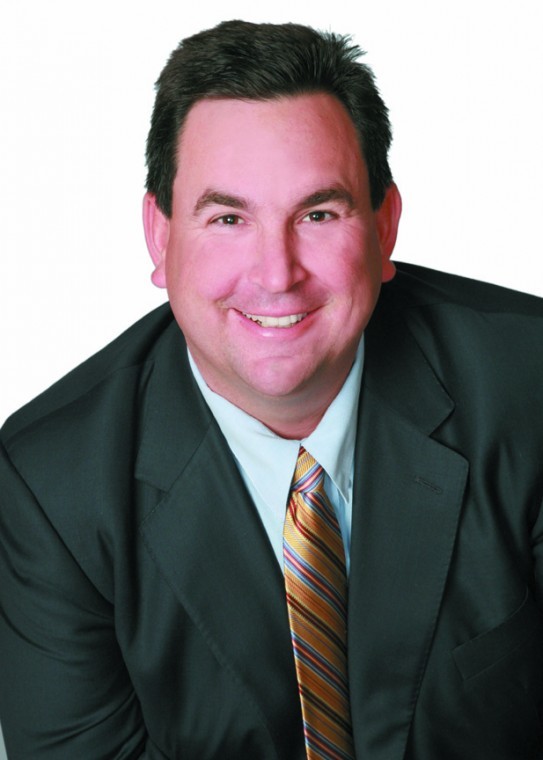Decades ago, there was a popular book titled “What They Don’t Teach You at Harvard Business School.” Perhaps someday, another book will appear to discuss certain aspects of the retirement experience that go unrecognized – the “fine print,” if you will. Here are some little things that can be frequently overlooked.
How will you save in retirement? More and more baby boomers are retiring with the hope that they can become centenarians. That may prove true thanks to healthcare advances and generally healthier lifestyles.
We all save for retirement; with our increasing longevity, we will also need to save in retirement for the (presumed) decades ahead. That means more than budgeting; it means investing with growth and tax efficiency in mind year after year.
Could your cash flow be more important than your savings? While the No. 1 retirement fear is someday running out of money, your income stream may actually prove more important than your retirement nest egg. How great will the income stream be from your accumulated wealth?
There’s a longstanding belief that retirees should withdraw about 4 percent of their savings annually. This “4 percent rule” became popular back in the 1990s, thanks to an influential article written by a financial advisor named Bill Bengen in the Journal of Financial Planning. While the “4 percent rule” has its followers, respected economist William Sharpe (one of the minds behind Modern Portfolio Theory) dismissed it as simplistic and an open door to retirement income shortfalls in a widely cited 2009 essay in the Journal of Investment Management.
Volatility is pronounced in today’s financial markets, and the relative calm we knew prior to the last recession may take years to return. Because of this volatility, it is hard to imagine sticking to a hard-and-fast withdrawal rate in retirement – your annual withdrawal percentage may need to vary due to life and market factors.
What will you begin doing in retirement? In the classic retirement dream, every day feels like a Saturday. Your reward for decades of work is 24/7 freedom. But might all that freedom leave you bored?
Impossible, you say? It happens. Some people retire with only a vague idea of “what’s next.” After a few months or years, they find themselves in the doldrums. Shouldn’t they be doing something with all that time on their hands?
A goal-oriented retirement has its virtues. Purpose leads to objectives, objectives lead to plans, and plans can impart some structure and order to your days and weeks – and that can help cure retirement listlessness.
Will your spouse want to live the way that you live? Many couples retire with shared goals, but they find that their ambitions and day-to-day routines differ. Over time, this dissonance can be aggravating. A conversation or two may help you iron out potential conflicts. While your spouse’s “picture” of retirement will not simply be a mental photocopy of your own, the variance in retirement visions may surprise you.
When should you (and your spouse) claim Social Security benefits? “As soon as possible” may not be the wisest answer. An analysis is needed. Talk with the financial professional you trust and run the numbers. If you can wait and apply for Social Security strategically, you might realize as much as hundreds of thousands of dollars more in benefits over your lifetimes.










